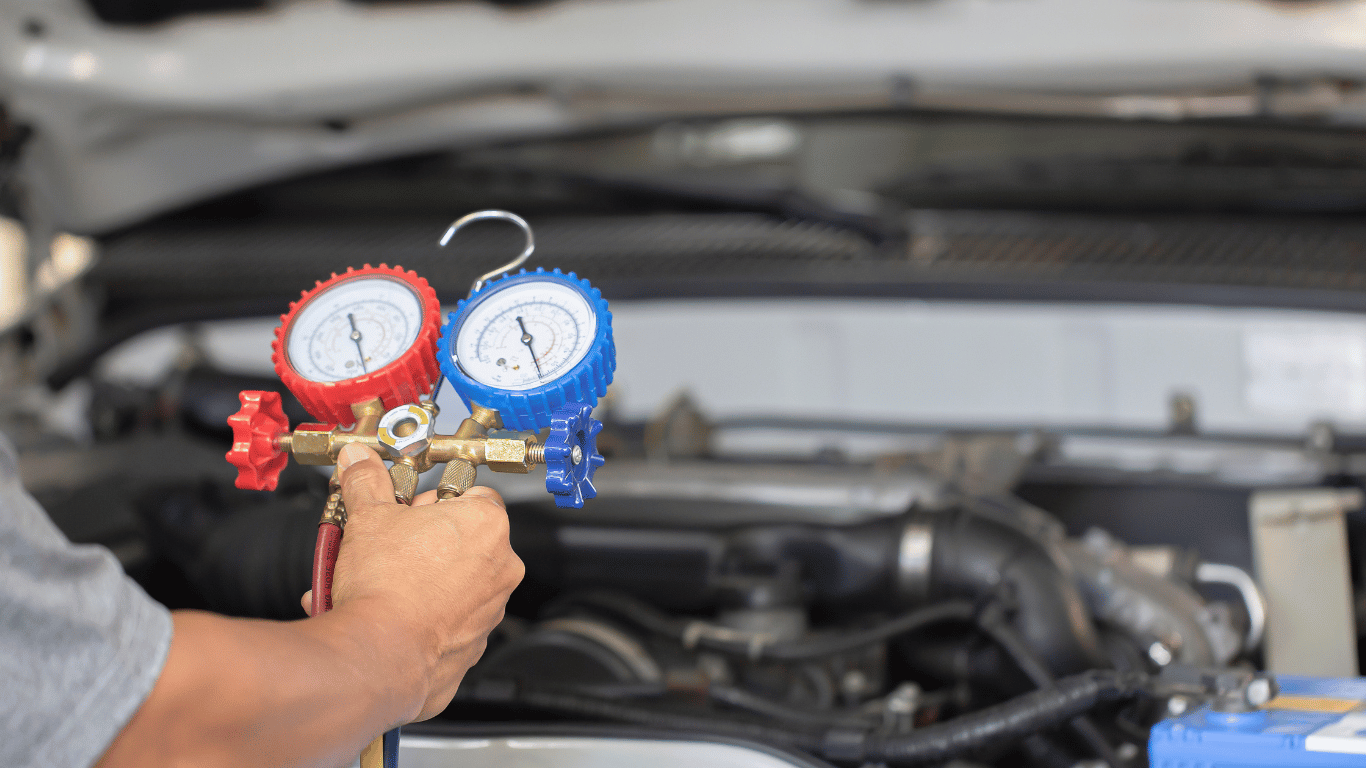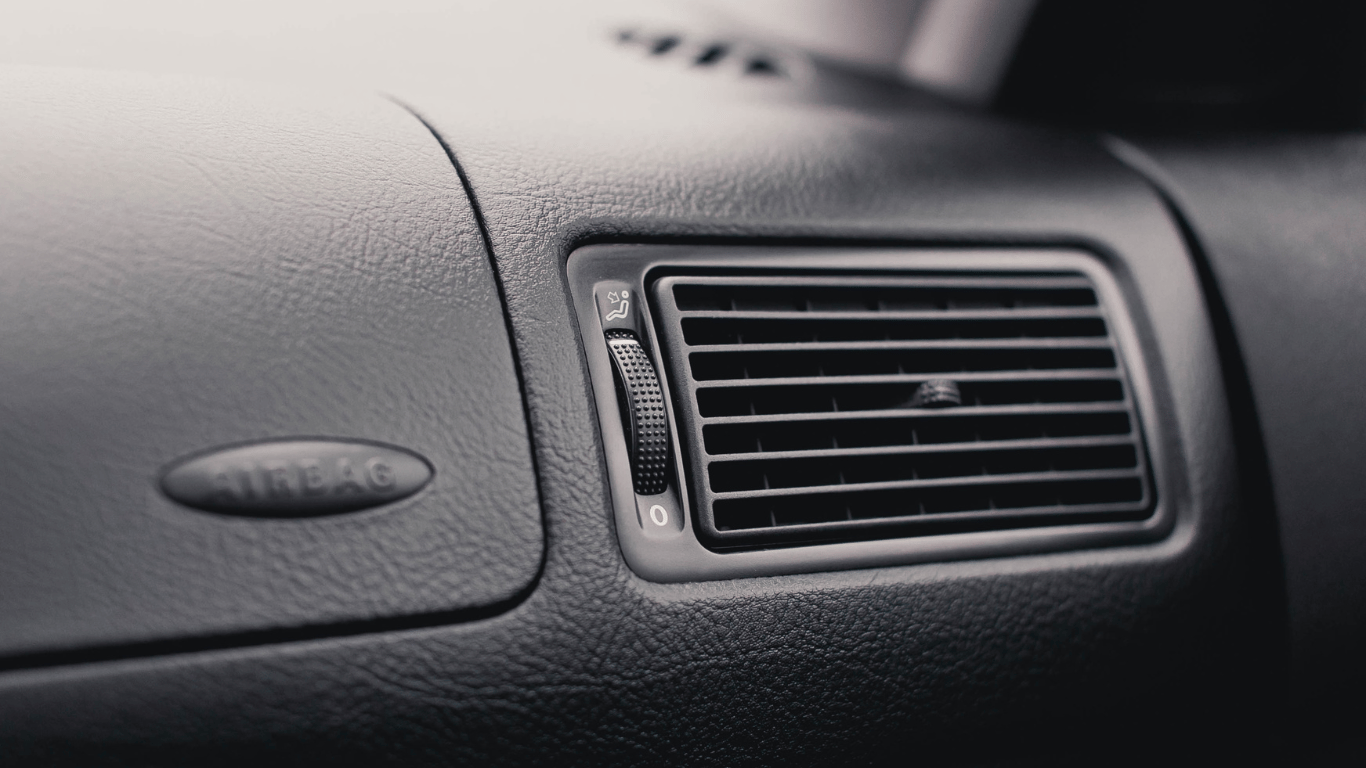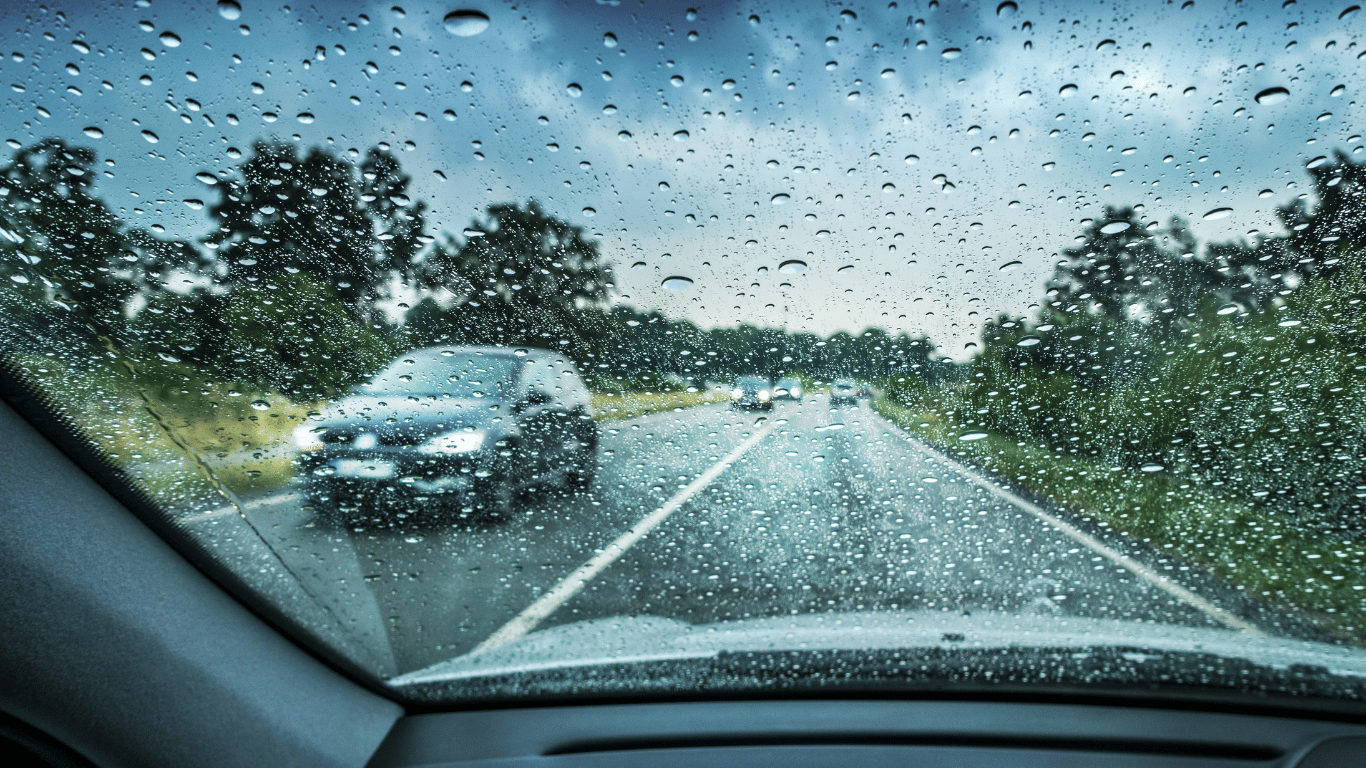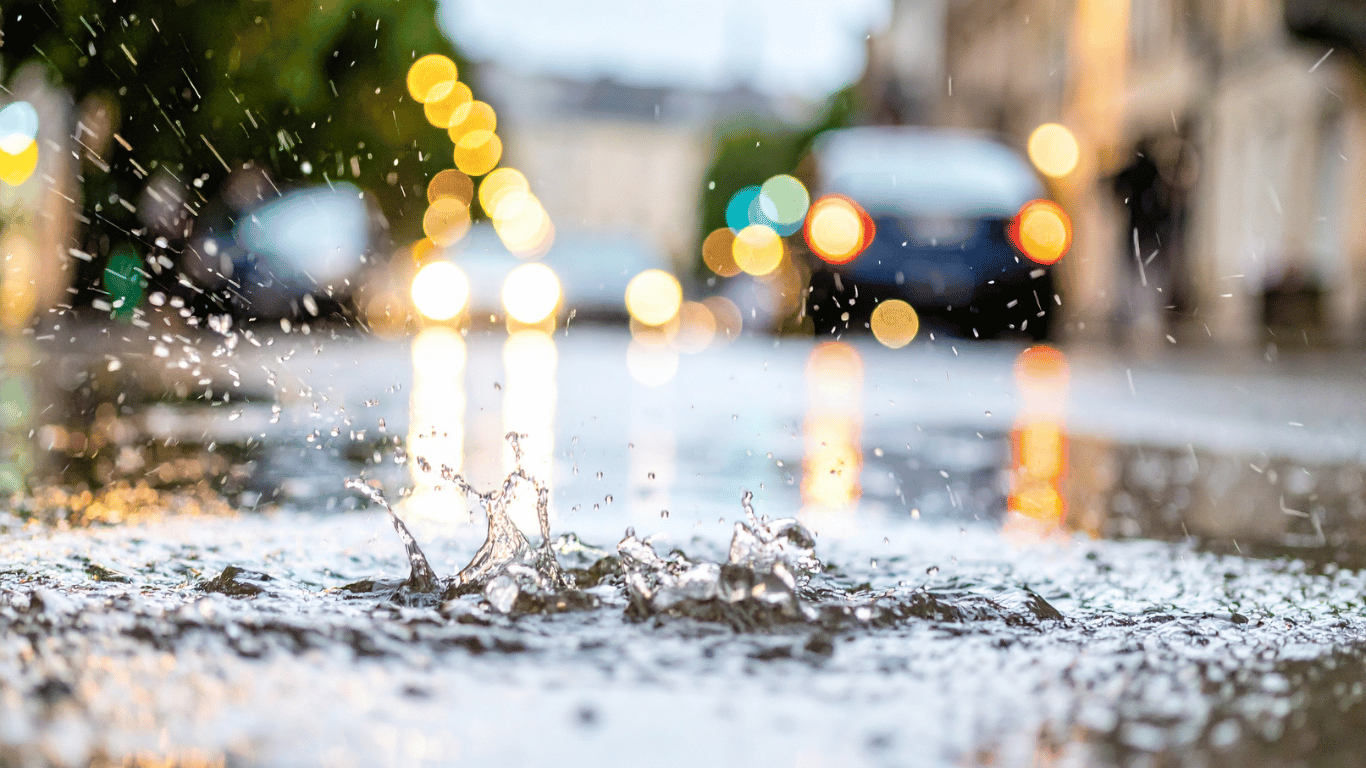If you’ve ever noticed a mysterious puddle under your car, you know the worry a possible water leak can bring. For South African drivers facing unpredictable weather and long distances, keeping your vehicle watertight is crucial for safety and reliability. Water leaks—whether caused by rain, faulty seals or cooling system issues—can lead to rust, mould, electrical faults, and even engine trouble if neglected.
Why Water Leaks Matter to Car Owners
In South Africa, frequent rain and coastal humidity put vehicles at risk for leaks. Left unchecked, leaks can cause:
- Electrical failures (dashboard warnings, sensors)
- Corrosion and rust (body and chassis damage)
- Unpleasant odours from damp carpets
- Overheating or engine failure (if the cooling system leaks)
The good news? With the right checks and fast action, many leaks can be identified and repaired before costly damage occurs.
Step 1: Types of Water Leaks
Not all under-car moisture is bad! Common scenarios include:
- Aircon condensation: Clear water, harmless, under the front passenger area after running AC.
- Rainwater ingress: Clear water in boot or footwells after rain—check window and door seals.
- Engine coolant leak: Usually coloured and sweet-smelling, found under engine area; risky for your engine.
- Oil and water mixing: Milky residue—a sign of serious engine or head gasket issue.
Step 2: How to Diagnose the Leak
Body and Cabin leaks:
- Inspect seats and carpets for damp after rain or a car wash.
- Check with a hosepipe around windows, doors, and sunroof.
- Ensure sunroof/windscreen drains aren’t blocked.
Engine leaks:
- Monitor coolant (water) level—top up only if necessary and check for drops.
- Look for coolant stains or crust around hoses, water pump, radiator.
- Check oil dipstick for froth or milkiness (indicates mixing with water).
If you’re unsure, book a Coolant leak inspection service or general car inspection service with Fixxr for a professional check.
Step 3: Common Leak Causes
- Old or cracked door, boot, or window seals—replace if brittle or loose.
- Blocked drainage channels (especially sunroof and windscreen)
- Worn cooling system hoses, faulty radiator, or leaking water pump—see water pump replacement and signs of water pump failure in your car
- Head gasket failure—suspect if oil and water are mixing; get an inspection for oil smell in your car
Step 4: DIY Leak Checks
- Place newspaper or paper towels under suspect areas and check after rain.
- Carefully spray the exterior seals with water and look inside for leaks.
- Add a UV dye to coolant for easier engine bay leak spotting.
- If concerned, get a diagnostic inspection from Fixxr.
Step 5: Typical Costs (South Africa)
- Seal replacement: R450–R1,200
- Radiator repair: R850–R2,500
- Water pump: R1,800–R3,500
- Head gasket: R7,500+
- Diagnostic inspection: R350–R800
Prices vary, so always ask for a quote and warranty. Fixxr offers clear pricing and mobile repairs at your location.
Step 6: Preventing Water Leaks
- Clean sunroof and windscreen drains regularly.
- Condition rubber seals with silicone spray yearly.
- Watch for even small coolant losses.
- Replace faulty low-water sensors (low-water sensor replacement service).
- Act promptly if warning lights appear (inspection for temperature warning light).
When to Call a Pro
If the water leak is from the engine area or you spot milky oil (water/oil mixing), don’t drive—book a Fixxr mobile mechanic for prompt on-site help.
When in doubt, book a diagnostic inspection for peace of mind.
Well-maintained seals, careful checks, and fast action can help South African drivers avoid water damage. With Fixxr, you get expert help on-site, transparent pricing, and repair warranties—making water leaks less of a headache and your car safer on the road.
References: Technical best practices and advice adapted from the AA, Motoring Research, and Parts Europe guides on car leak repairs.



